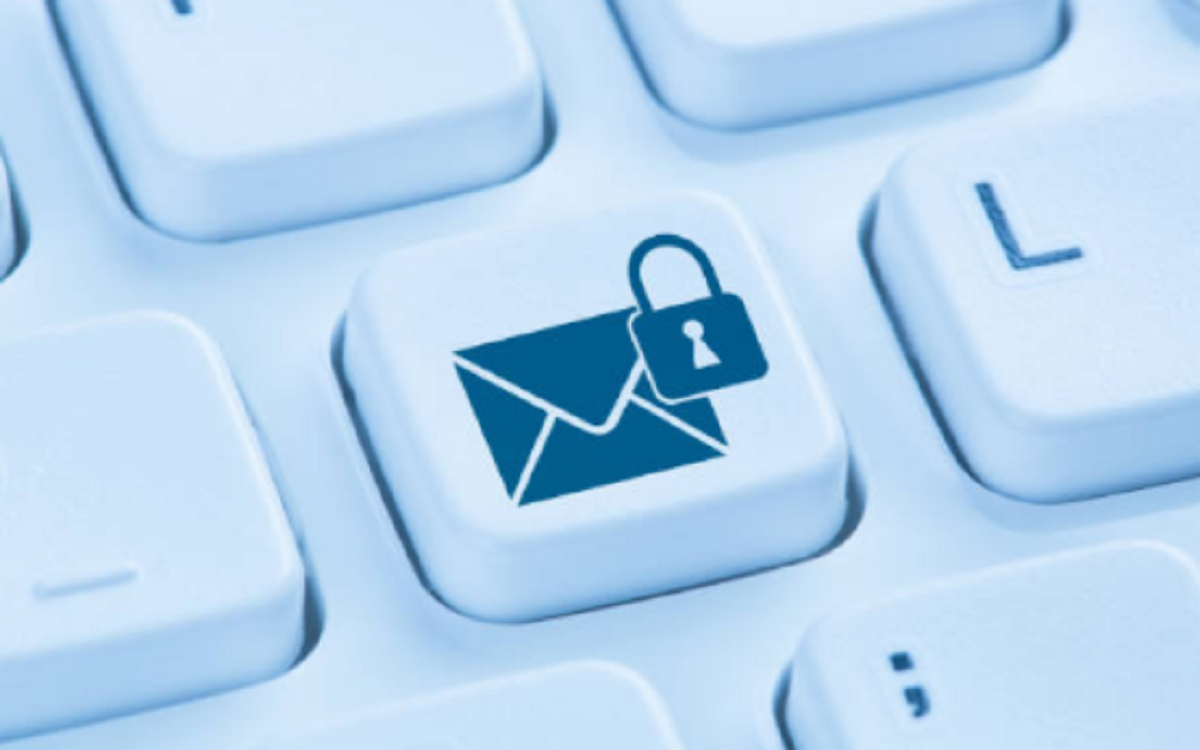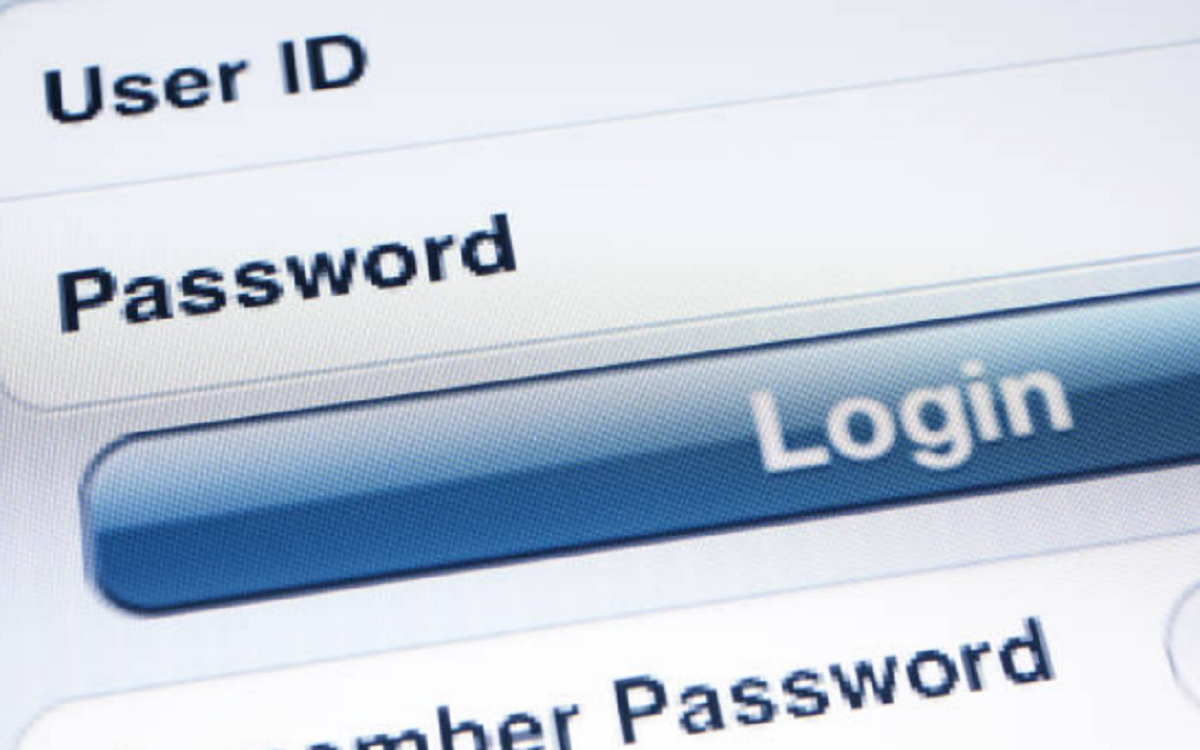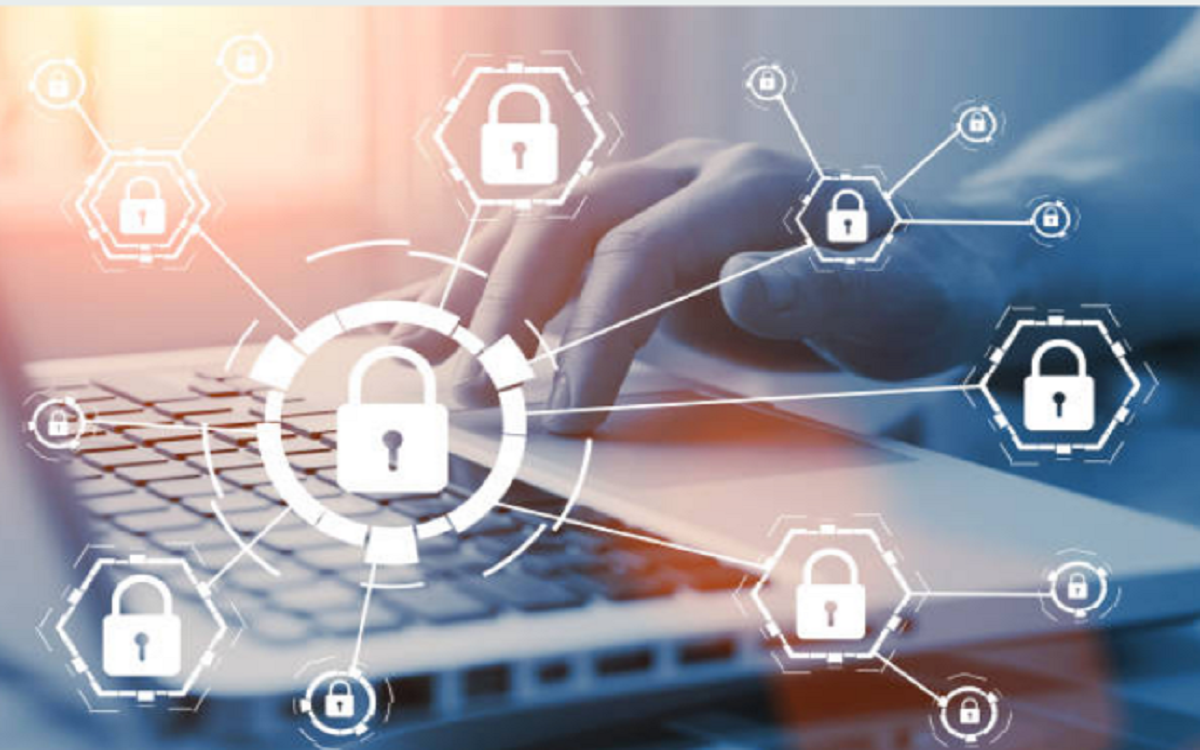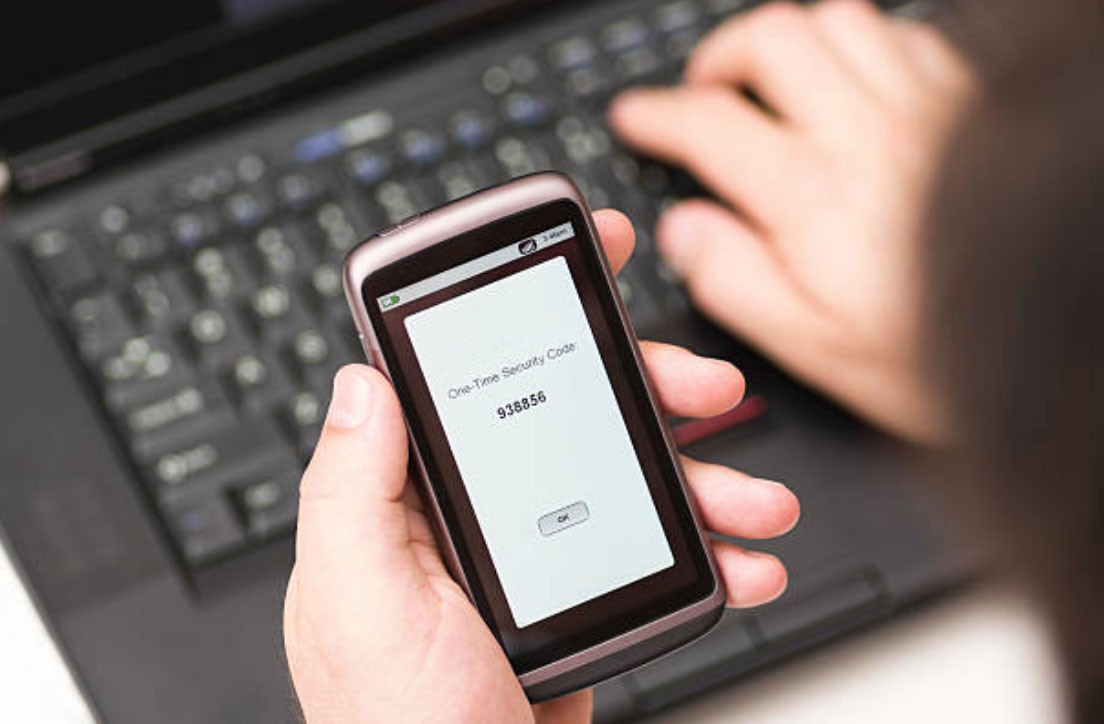Stay Secure
Most popular
Explore Stay Secure
Resources and news
Top Queries
- I’ve received an email asking me to enter my username and password, what should I do?
This is a ‘phishing’ email designed to steal your credentials. Do not respond to the message. Read our advice on dealing with phishing emails.
- How can I deal with junk email?
The best way to deal with unwanted email is delete it or set filters up to delete detected spam. Set up a filter for your email program.
- Why can't I go to the website?
In order to prevent people accidentally visiting websites which can give them a virus, access to these websites from campus has been blocked. In some cases, you won’t notice that this has happened.
In a few cases, such as if you accidentally click on a link in an email to a malicious site (e.g. a phishing email), you will see a “page not found” error (404). This usually means that your computer has been protected from harm, and you need to take no further action.
If you need any advice on what to do, or you suspect that you may have a virus, please contact the IT Services Desk.
- I have a virus on my machine, my anti-virus software won’t remove it, what else can I try?
It can sometimes take time for anti-virus software to start detecting a particular virus. See our guidance on removing an infection (malware) from your device.
Report an IT security incident
If you need to report a phishing incident. Please read our Reporting phishing guidance first before contacting us.
 Close
Close









